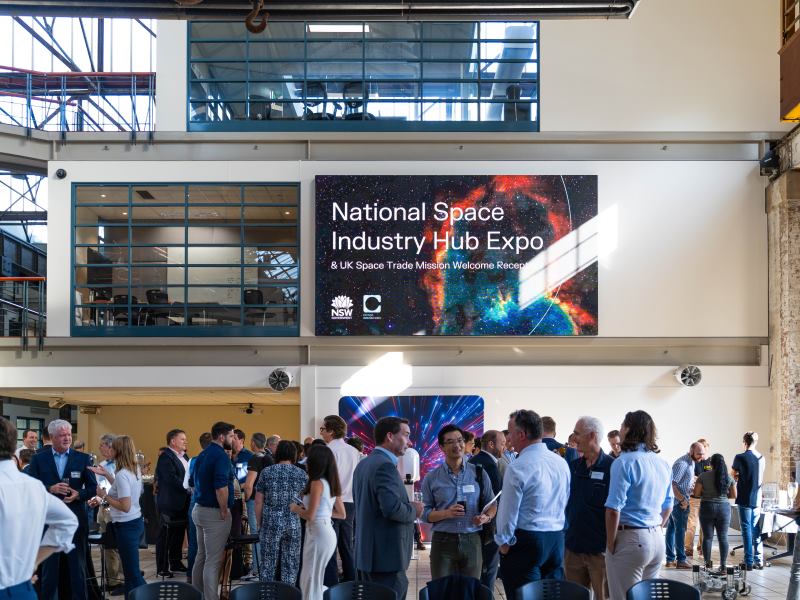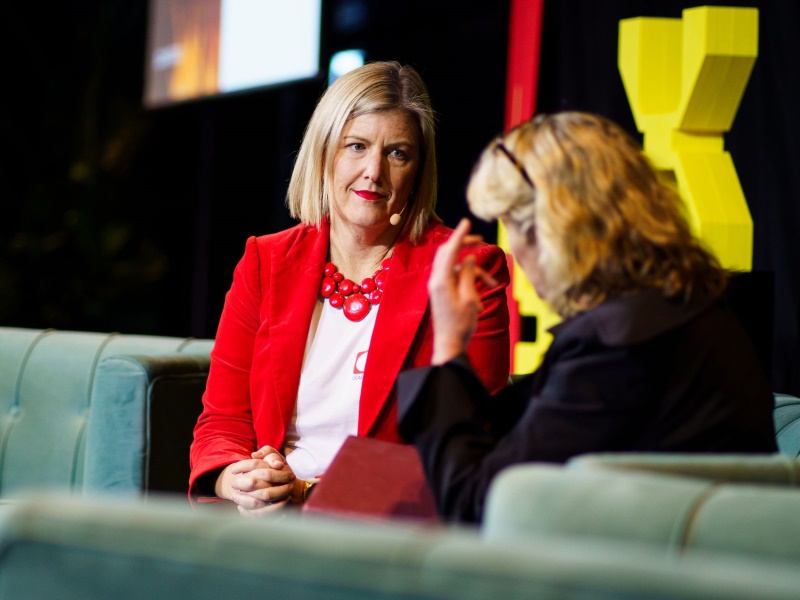Sydney’s state-backed space accelerator has begun accepting Defence and aerospace companies to meet growing dual-use demand, as some of its early graduates take off ahead of a decision on the hub’s future.
Dozens of startups and a handful of spinouts from the National Space Industry Hub are now landing funding, cracking commercial markets and generating jobs, according to its operator Cicada Innovations.
Hub graduates and Cicada residents include Spiral Blue and Deneb – both part of the recent Waratah Seed mission – and Blackbird-backed energy startup Aquilla.
The budding companies and growing opportunity for others makes any consideration to pull back on the hub – which represents almost half the state’s $5 million space industry plan – a tough one for the Minns government.

According to Cicada, which has operated the hub since 2022, every dollar invested in it has delivered $74 when considering 82 graduates’ private raises, non-dilutive funding like grants, revenue and jobs created.
“These are companies at a very, very early point in a very difficult industry that is still nascent in Australia. That’s an outsized return on investment. It surprised even me,” Cicada Innovations chief executive Sally-Ann Williams told InnovationAus.com.
“Typically, at an early stage, you would see much lower numbers. You would also see much less traction around customers and having a product in market, and a lot less jobs.”
Ms Williams said the hub is widening its doors to ventures from the Defence and aerospace sectors because of the potential for dual-use products being incubated at the hub.
“There’s some thinking that [founders] need to do and decisions that need to be made about which pathway forward and which one first,” she said. “Because it may not be an either or, it might be [both].”
The National Space Industry Hub has historically deliver two main programs for startups and spinouts, but has added a third alongside its move into Defence and Aerospace.

The hub’s elevate program focuses on validating the ideas of early stage ventures with commercialisation education, before experts workshop the proposal over two days formulate a plan for the near term growth.
Elevate participants regularly move on to the second component, a ‘Fast Start’ one-to-one program that includes a desk in the Sydney hub.
The second program is tailored around whether a venture is at the spinout stage or a more established venture pivoting into new markets like terrestrial engineering firms considering space applications.
Fast Start spinouts typically plan to reach grant funding within six months while the established companies try and validate the new opportunity and land commercial partnerships or paid trials.
A third and new program at the hub focuses on customer discovery, often leading to participants considering moves across civil and defence sectors or underserved tech markets like first responders.
“A business that’s doing something hardware needs to have multiple customers as their as their pathway to market,” Ms Williams said.
It can be a tough lesson for deep tech founders at times.
“It frustrate them, because it’s like, ‘stop talking to me about the engineering, that’s a distraction’,” Ms Williams said.
“Let’s talk about sales and customer and revenue and what the opportunity is.”
The programs are competitive but run for free and no equity is taken thanks to a $2.1 million commitment from the NSW government in 2020. Graduates of the hub often return to Cicada’s Sydney facility as paid residents.
In April, the Minns government revealed it is planning to review the state’s four-year-old space industry strategy, which include the hub, as part of a wider and ongoing reset of industry, innovation and trade policy.
But it still has the support of agency Investment NSW.
In a statement, Investment NSW deputy secretary Rebeccaa McPhee said the hub is empowering entrepreneurs and helping attract investment to the state.
“We’re incredibly proud of the Hub’s achievements over the last three years with resident businesses generating more than $72 million in commercial revenue and 160 jobs. The expansion of the Hub’s services to defence and aerospace will ensure we can support more businesses to progress cutting-edge technology.”
Do you know more? Contact James Riley via Email.

